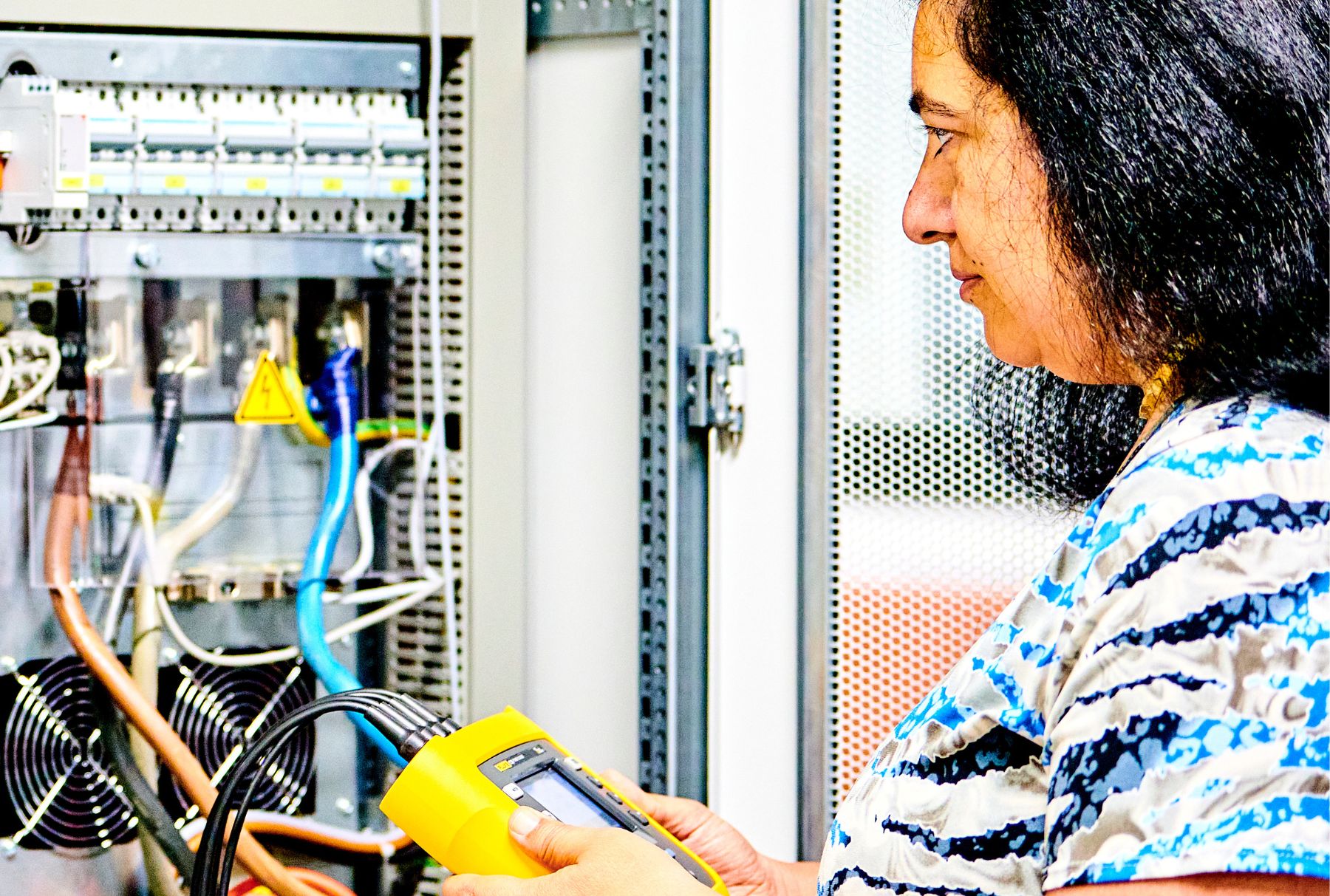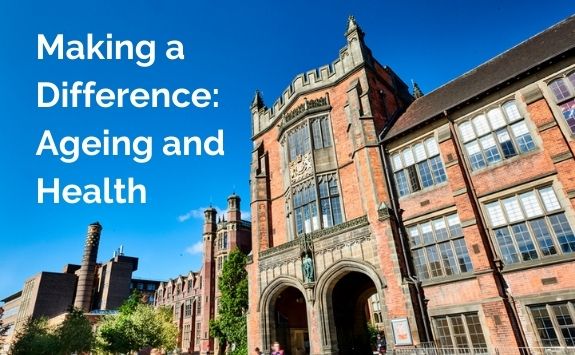Monitoring power use and AI could help older adults live independently
The National Innovation Centre for Ageing has partnered with Informetis on disruptive AI-enabled technology which helps older adults stay living at home by using the data from their electricity usage.
29 November 2022
NICA has partnered with Informetis on disruptive AI-enabled technology which helps older adults stay living at home by using the data from their electricity usage.
The global smart energy start-up is partnering with the UK National Innovation Centre for Ageing (NICA) to test a new solution aimed at improving quality of life and safety for older adults in their homes.
Informetis, which is a Japanese spin-out of Sony Corporation’s R&D division with offices in Cambridge UK, has developed an AI-enabled technology that can define the behavioural footprint of an individual based on their power usage and send out smart notifications to formal and informal carers when their activity deviates from the normal pattern.
The solution aims to help predict whether an older adult is likely to develop issues that might affect their ability to remain safe and healthy at home while maximising the existing infrastructure and leveraging the interests of older generations who are actively involved in caring about the planet.
Different from other technologies, the solution uses one single data point (mains power) to understand day-to-day activities like turning on a kettle, switching on the oven or turning on the dishwasher, formalising the connection between healthy ageing, longevity and climate consciousness.
The pilot will be carried out in the Newcastle area involving an initial 25 households with the potential to add a further 75 households through collaboration with the social care sector.
As well as building on the vision of NICA to make Newcastle a world-renowned test bed for healthy ageing and longevity, the partnership with Informetis aims to test and validate the benefits of the solution from a human perspective, gather feedback on the end-to-end experience and analyse overall data feedback to improve the solution and business model further.
It also aims to counter the narrative that older people are not concerned about climate degradation by giving them the means to not only live more independently but take action and reduce their power consumption.
Nic Palmarini, Director at the National Innovation Centre for Ageing, said: “This collaboration with Informetis is an example of what we mean with our mission of adding intelligence to ageing and longevity.
“We need a total U-turn when we think about innovating for an ageing population as we need to focus on individual adaptions. We’re turning this traditional design approach on its head at NICA, recognising the ‘personal’ rather than current focus which too often can be on health without considering holistically, the whole person and their individual situation.
“This solution dramatically reduces the cost of hardware, installation and management of sensors and respects the privacy of older people as no personal data is collected – things that we know through our daily engagement with VOICE ® , a community of people co-working at NICA, are critical for the adoption of new technologies.”
Jay Chinnadorai, Senior Board Advisor at Informetis, said: “We are delighted to be working on this exciting project with NICA to deliver a solution that we believe is both timely and relevant for the older adult population as well as the wider community.
“Our AI-based solution can bring peace of mind to those caring for older relatives and friends who are living alone in their own homes and at the same reduce the significant strain on our care services. It can also provide information relating to the electricity consumption within the home, thus enabling users to also monitor and manage their energy usage.
“The vision of Informetis is to use our technology to improve people’s lives; help reduce their energy consumption, in turn reduce their energy bills and thereby help the health of our planet.”

